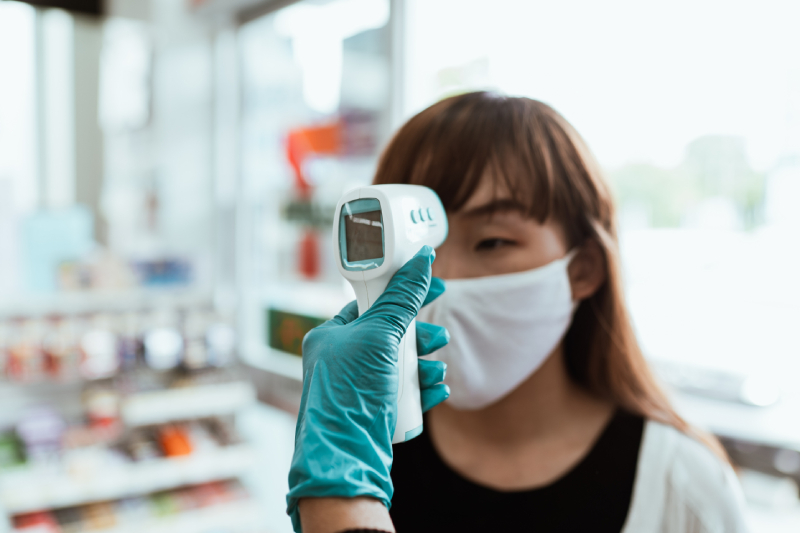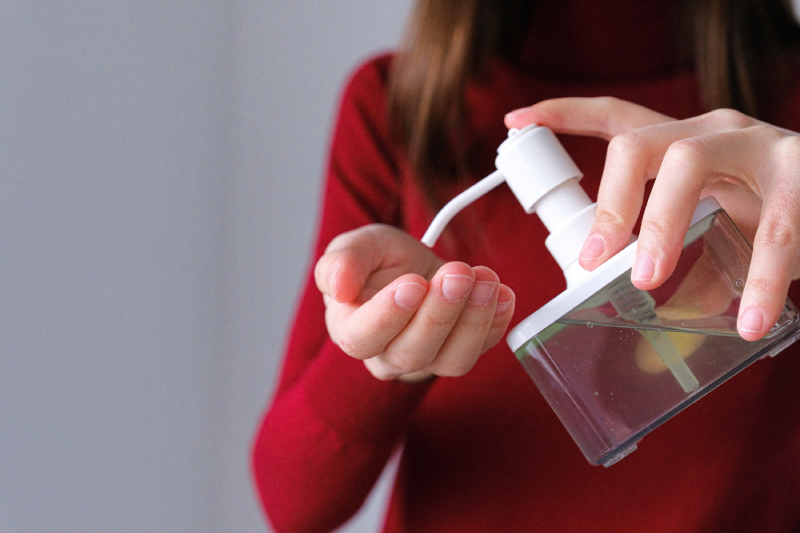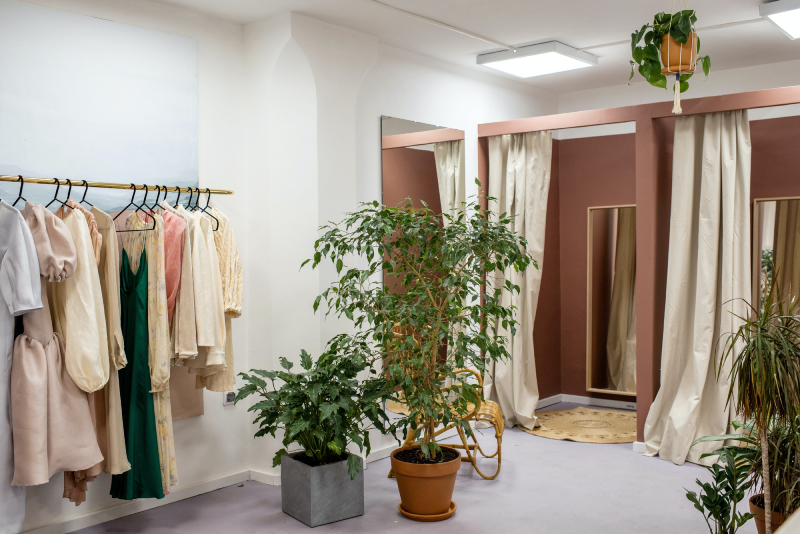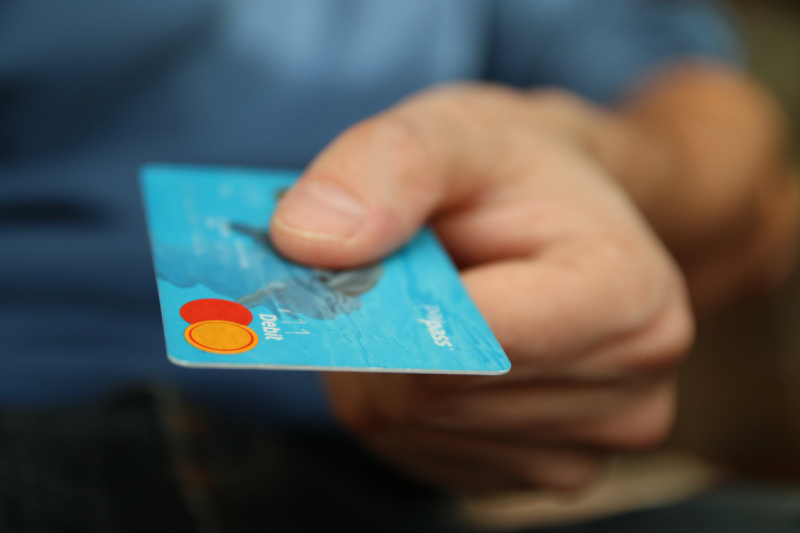'Quarantined' clothes, cashless payment: How Covid-19 may change the way we shop in Singapore


Even before the coronavirus, people were already shopping online, with some of us receiving deliveries every other week – because well, it's often cheaper than buying at physical stores.
However, shops are still essential for that last minute birthday present or when you need to try on an outfit before buying, especially if it's an expensive item.
Now that Singapore is into its first phase of reopening, we are looking forward to when most shops will welcome customers again, but what would it look like in a post-Covid era?
Will cashless transactions be the only mode of payment? Will we not be allowed to touch items when browsing? Here are some ways the coronavirus pandemic might change the way we shop in the future.

Expect queues as you might need to wait a little longer before entering a shop.
In Singapore, malls and supermarket chains such as FairPrice have already implemented mandatory temperature-taking for customers. SafeEntry checks might be the new norm as well, with customers required to check-in digitally with their particulars.
The same goes for the luxury sector. A Chanel Singapore spokesperson told Channel NewsAsia (CNA) that "the SafeEntry digital system will be deployed across all boutiques to facilitate contact tracing of all clients and employees".
In China, similar measures have been implemented, whereby some shopping centres in Beijing, Hangzhou and Jinan require customers to register their contact information and ID before entering, according to Jing Daily.

To maintain social distancing measures, some stores might also implement crowd control and put a cap on the number of customers let in at any one time.
Danny Lim, senior general manager of Robinson & Co, said in a video interview with CNA that in preparation for reopening, there will be one entrance and one exit for all stores, with staff counting the number of customers who come through.
The department store will also regulate the number of people allowed at different levels of the store.
In Germany, Ikea is counting the number of people as they enter and leave the store to ensure that no more than 640 shoppers are in the building, in compliance with the government's safety measures.

Instead of friendly smiles and greetings of "Hi, may I help you?", customers may be greeted instead by employees wearing masks, asking, "May I refresh your hands?". This was the case at the Hermes flagship store in Paris when the city emerged from lockdown.
Capri Holdings, the parent company of Versace and Jimmy Choo, has also stated in a press release that hand sanitisers will be available at all shops globally.
Under Armour retail stores in North America have plans to place hand sanitising stations throughout the store, as well as disinfect areas where people make payment, in between each use.

Customers may not be able to touch or try items while browsing, due to additional safety precautions. According to CNA, items at all Chanel boutiques in Singapore will be "quarantined for 24 hours after being tried on".
In a press release, Under Armour President and CEO Patrik Frisk has also stated that fitting rooms will close temporarily when stores reopen.
And while H&M stores in Germany will keep its changing rooms open, they are offering customers an extended return period for clothes, to discourage people from trying on clothes in-store.

Online shopping has seen a boost over the recent months with physical stores closed and lockdowns in place everywhere. It has since become the norm for people to pay with their cards or through contactless methods. But as stores reopen, will the cash payment method be removed entirely?
Puma stores in Berlin are encouraging customers to pay by card if possible and in Paris, Christian Dior has placed Plexiglas shields at counters, to reduce the handling of cash and limit physical contact between customers and employees.
So who knows, Singapore may be one step closer to being a cashless society due to Covid-19.
While the government has announced that Phase 2 of Singapore's reopening would allow for most retail stores to open, just as how air travel and hotel stays have been affected, it remains to be seen how our retail experience will change.
trining@asiaone.com